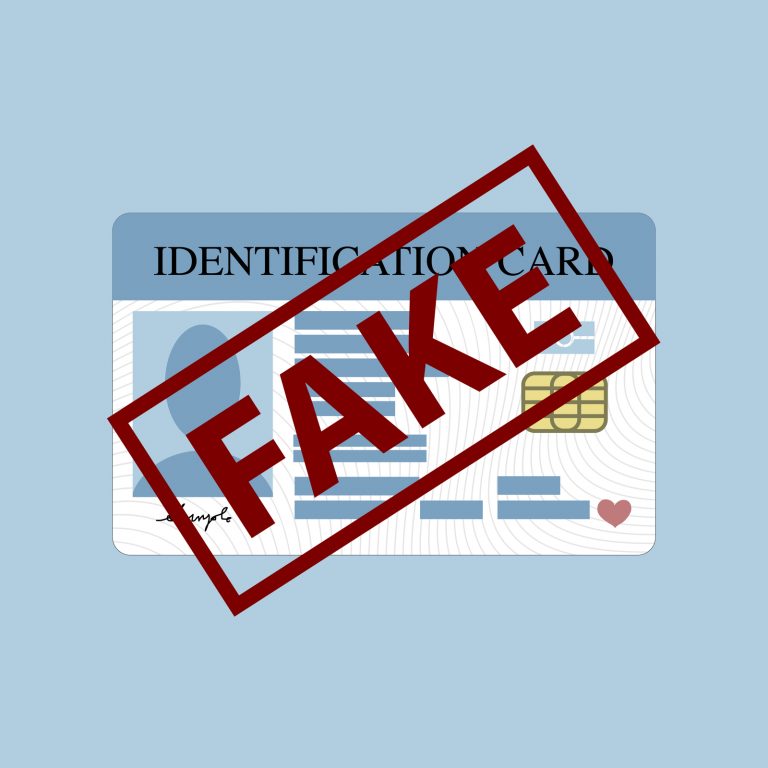
KYC for crowdsales was meant to add oversight and legitimacy to a largely unregulated space. Instead it’s left investors susceptible to data breaches, identity theft and blackmail. Given the hazards, it’s understandable that some ICO investors have resorted to buying fake ID.
Also read: A BCH Fueled Version of Patreon is Coming This August
KYC Has Created a Thriving Black Market for Fake IDs
Buying fake ID is a rite of passage for teenagers desiring to be sold alcohol. But a new market for fake ID has sprung up on the web, whose buyers crave nothing more illicit than admittance to the latest crowdsale. Know Your Customer (KYC) requirements, which are now widespread, were designed to screen out US and Chinese investors, and to dispel the notion that ICOs are unregulated. But rather than bolstering the industry’s reputation, they’ve created an unholy mess.
 A typical Telegram message offering fake ID
A typical Telegram message offering fake ID
Dedicated Telegram channels specialize in the buying and selling of fake IDs, complete with all the tools an investor needs to pass crowdsale KYC: passport scan, selfie, scanned bank statement; the works. Usually sourced from Russia, these can be bought for as little $50 – and it’s not just Americans and Chinese who are buying them. Investors who reside in countries that permit ICOs have also been snapping up fake IDs as a means of protecting their own identity.
Blackmail, Data Loss and Doxxing
With 80% of this year’s ICOs trading below their public sale price, investing in crowdsales is a risky businesses. Throw in mandatory KYC, and those risks are significantly heightened. A number of projects have been compromised through the hacking of the third party handling their KYC, while others have had their mailing list leaked. In each instance, investors have



